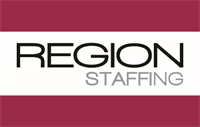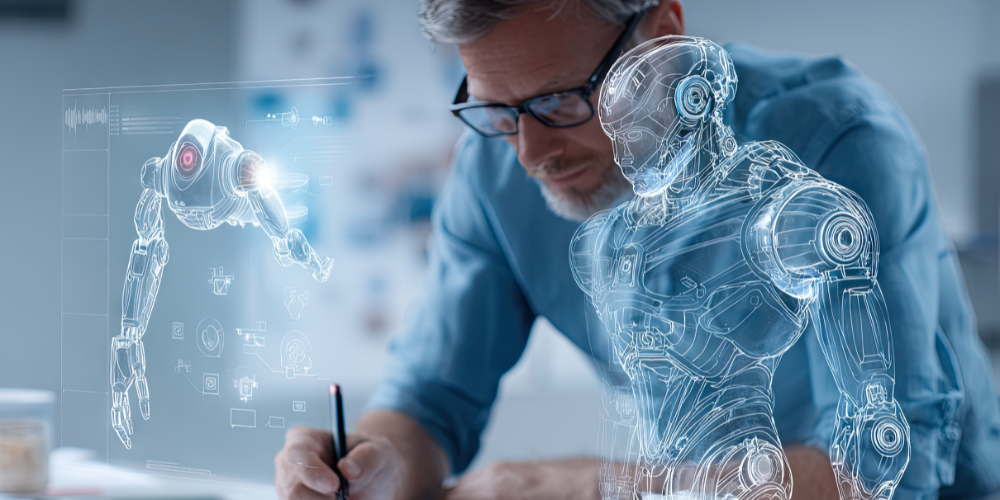When it comes to building your team in construction, there is no room for guesswork. One bad hire under tight deadlines and strict safety rules can turn into a full-blown disaster. They can slow everything down, create safety risks, and cost way more than just their paycheck. That is why many construction companies team up with a staffing agency in McAllen, TX, to find the right people. After all, it is not just about filling a spot but also protecting your project, your crew, and your bottom line. Financial Impact of Construction Bad Hires Hiring the wrong person in the construction industry can drain your budget faster than you think. According to the US Department of Labor, a bad hire can cost up to 30% of their first-year salary. In construction, this number gets even scarier. If someone gets hurt on the job, the average cost per injury is around $35,000. And injuries make up 6-9% of a project’s total costs. That’s money that could have gone into better materials, more skilled workers, or finishing the job ahead of schedule. Here’s a reality check. The total cost of workplace injuries in construction was a significant $11.5 billion. That’s 15% of all private industry injury costs, even though construction is a much smaller slice of the workforce. On average, each injury costs about $27,000 in this industry, compared to $15,000 elsewhere. When you see numbers like that, it is easy to understand why construction companies are leaning on a staffing agency in McAllen, TX. They know that proper vetting and finding the right fit from the start can save time, a lot of money, and keep crews safe. Direct Costs: The Visible Financial Drain When a new hire does not work out, the costs start increasing fast. You have got the wages already paid before anyone realizes there is a problem. Then there is all the time spent on onboarding, filling out paperwork, and training someone who will not be sticking around. While they are struggling to find their footing, productivity takes a hit. And when is it time to replace them? You are basically hitting the reset button on the whole hiring process. A CareerBuilder survey found that 75% of companies admitted to making at least one bad hire in the past year. On average, each mistake costs about $17,000. But some experts say the real cost can soar to $240,000 once you factor in all the ripple effects. That’s a lot of wasted resources for one fit. Hidden Costs: The Ripple Effect Across Projects The damage from a bad hire in construction is not just about money; it is about the chain reaction it sets off. Project Delays One underperforming worker can slow down the whole site. Deadlines slip, other workers rack up overtime, and future projects get pushed back. In an industry that already has a high turnover rate, nearly 57% compared to the 47% average across all industries. Safety Risks Construction sites are already risky places. Bring in someone who is not properly trained or just not engaged, and the chances of an accident go way up. A single safety slip can mean serious injury, site shutdowns, legal headaches, workers’ comp claims, and long-lasting damage to your reputation. Team Morale Bad hires do not just fail to pull their weight; they drag others down with them. Your best workers get frustrated, burn out from picking up the slack, and sometimes even quit. One wrong person can end up costing you multiple good ones. That is why working with a staffing agency in McAllen, TX, can make all the difference. They help you find people who are not just qualified on paper, but are ready to work hard, stay safe, and fit right in with your crew. How a Staffing Agency in McAllen, TX, Prevents Bad Hires? When it comes to construction, you cannot afford to gamble on who joins your crew. That is where a specialized staffing agency in McAllen, TX, comes in. They do not just send you a warm body for the job. They dig deep to make sure the person stepping onto your site is the right fit from day one. Thorough Screening You Can Trust A staffing agency in McAllen, TX, goes way beyond scanning a resume. They run background checks, verify past jobs, and confirm identities. Candidates take hands-on skills tests and solve real-world problems to prove they can do the work. Their safety certifications, like OSHA 10 or 30, are verified. And yes, drug tests and medical clearances are part of the process, too. Industry Know-How That Matters Construction is not like other industries. You cannot fake it on a job site. A specialized staffing agency in McAllen, TX, knows the difference between a crane operator and a welder, and they understand what it takes to succeed in each role. They keep up with changing regulations, trade requirements, and certifications, so you are never left guessing if your workers are compliant. Tapping Into the Hidden Talent Pool Some of the best workers are not even actively job hunting. They are just waiting for the right opportunity. Agencies often have these hard-to-find specialists in their network, whether you need a certified crane operator, a master welder, or another niche pro. Fast, Flexible Staffing When You Need It Projects change, people call out, workloads spike. A good staffing agency in McAllen, TX, can fill a role in as little as five days, helping you scale your team up or down without the headaches of hiring or letting people go yourself. They Take On the Risk When you hire through Region Staffing, a staffing agency in McAllen, TX, they handle tricky stuff, like employment verification, payroll, taxes, workers’ comp, and benefits. That means less legal and financial risk for you. Saving Money in the Long Run By cutting hiring costs and reducing delays, these agencies help you keep projects on track and on budget. Plus, because they focus on quality matches, workers stay










